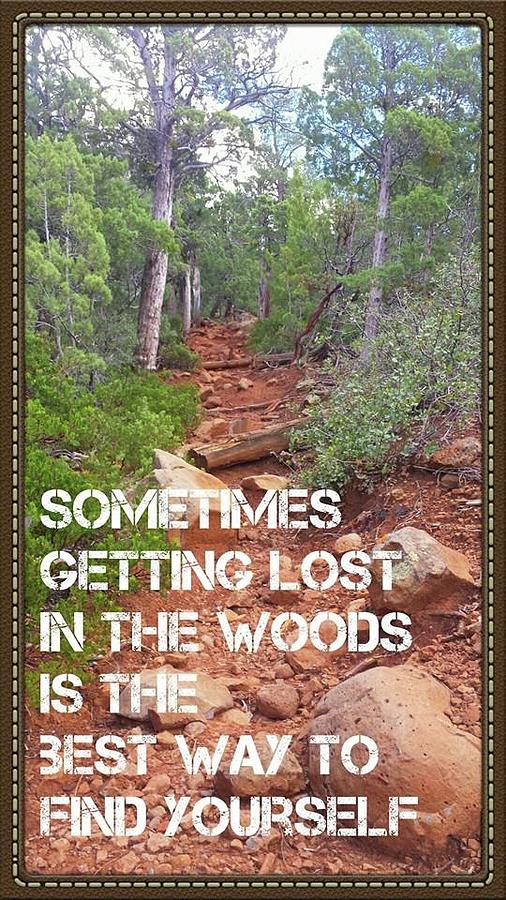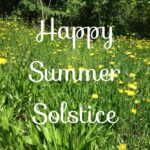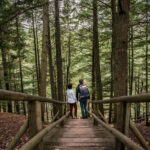Have you ever wandered into a forest and found yourself utterly captivated by its allure? Perhaps you’ve paused in mid-trudge, taken a deep breath, and marveled at the sheer grandeur surrounding you. If you haven’t, here’s a playful challenge: the next time you find a wooded path calling your name, let go of your destination and embrace the magic of the journey. This article delves into the reasons why many individuals—myself included—feel an irresistible pull to get lost in the woods.
First and foremost, let’s address the visceral charm of nature itself. A forest is a living tapestry, intricately woven with myriad species of flora and fauna. The gentle rustle of leaves whispers stories as old as time. Sunlight dapples through the canopy, casting ethereal patterns on the forest floor. Each step into this vibrant realm offers a sensory feast, inviting us to reconnect with the natural world in a way that urban settings fail to achieve.
Moreover, the concept of getting lost in the woods transcends mere physical displacement. It symbolizes a journey into introspection, solitude, and self-discovery. When one meanders through the trees, thoughts can drift as effortlessly as the dappled sunlight. The act of navigating the winding trails acts as a metaphor for life itself. Just as forests can be dense and labyrinthine, so too can our experiences reflect uncertainty and exploration. Embracing this ambiguity allows us to confront our thoughts and emotions in profound ways.
In the crescendo of modern life, immersed in digital distractions and relentless schedules, the woods provide a sanctuary from the frenetic pace. The chirping of birds fills the air, effectively drowning out the cacophony of incessant notifications that can surreptitiously invade our lives. Silence reigns supreme in these secluded spaces, and that stillness offers the rare opportunity for contemplation. In the heart of nature, we can reassess our priorities, reevaluate our aspirations, and recalibrate our energies.
Venturing into the forest also cultivates a sense of adventure. Each exploration holds the tantalizing possibility of uncovering hidden wonders—a sparkling brook, a majestic old tree, or perhaps a glimpse of wildlife. The excursions demand curiosity and often lead to unexpected discoveries. Ever witnessed a grouse flitting across the path or stumbled upon a majestic deer? Such experiences are etched into our memories, reminding us that life is a collection of moments that may often evade our daily kinship with mundanity.
However, one must not overlook the thrill of being lost itself. While it may initially conjure feelings of unease, it often transforms into exhilaration. Finding oneself amidst towering trees can be a peculiar thrill: leaving behind the suffocating grasp of predictability. The heart races at the unknown; every rustle in the underbrush invites a brief moment of trepidation. This fear can morph into an invigorating sense of freedom as one navigates the wilderness and reawakens their primal instincts.
Courage is often found in our moments of uncertainty. Experiencing unfamiliar trails, forgetting the known route, and responding to the unpredictable elements of nature cultivates resilience. When lost among the trees, individuals are compelled to trust their intuition and instincts. Do you bend to the lure of the well-trodden path, or do you courageously chart your unique course? The forest encourages all to confront their fears, step outside their comfort zones, and embrace the unknown.
Furthermore, the concept of solitude and reflection in nature is a balm for the soul. As digital nomads, we find ourselves entangled in the societal web of interconnectedness, often at the expense of self-awareness. Yet, amidst the pines and maples stands a reminder that being alone does not equate to loneliness. In fact, solitude can be a catalyst for inspiration and rejuvenation. It is here, standing beneath a towering oak, that thoughts coalesce into profound insights. The forest invites us to engage with our inner voice, often resulting in clarity we rarely experience amidst the busy hum of urban life.
Lastly, there’s a visceral connection between the environment and our mental well-being. Numerous studies corroborate the positive effects of nature on psychological health. Embracing the wilderness lessens stress, elevates mood, and bolsters cognitive function. Immersing oneself in a verdant landscape induces serenity, akin to a gentle embrace. The forest simultaneously stands as a tranquil refuge and a playground for the adventurous. Why wouldn’t one be inclined to venture deep into this natural sanctuary and get blissfully lost?
As we traverse through life, grappling with responsibilities and the weight of our aspirations, the woods beckon us to pause, breathe, and indulge in a rich tapestry of experiences. Getting lost in the woods is more than just a physical state; it is a portal to reconnect with nature, nurture our inner selves, and embrace the thrilling unpredictability of existence. So next time the woods call to you, accept that playful challenge and allow yourself to roam, for in this captivating wilderness lies boundless joy and discovery.









Leave a Comment